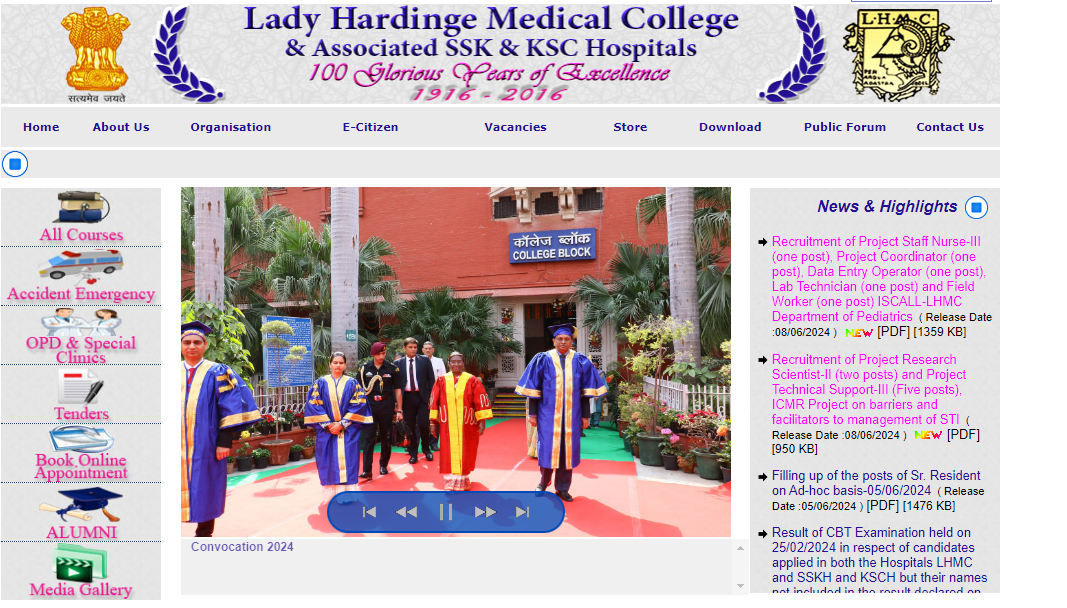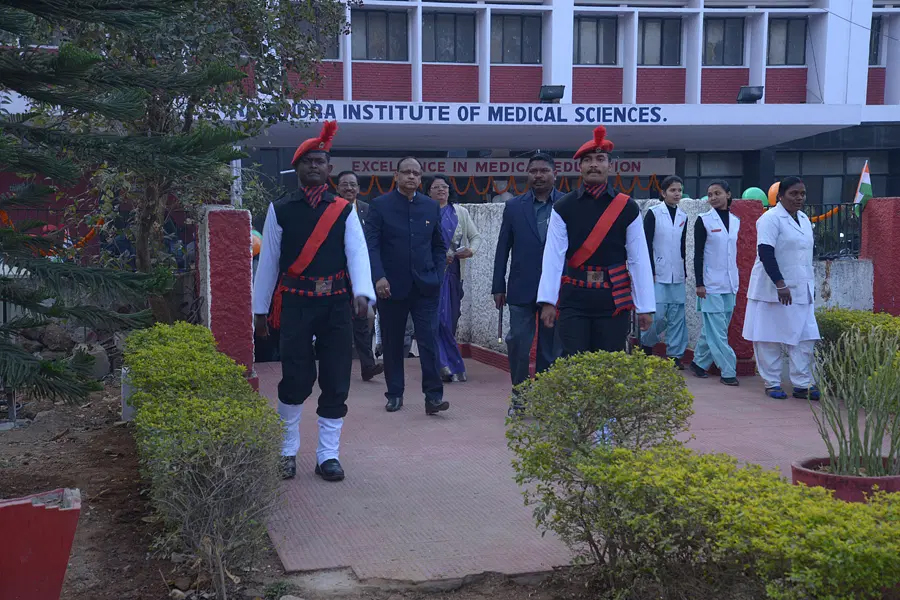B J Medical College, Ahmedabad

- Read more about B J Medical College, Ahmedabad
- Log in to post comments
- 47 views
The Diploma in Child Health is a specialized program designed for healthcare professionals seeking advanced training in the field of pediatrics. This comprehensive course focuses on the unique healthcare needs of children, encompassing aspects of preventive care, diagnosis, and treatment of pediatric illnesses.
Curriculum Overview:
The curriculum of the Diploma in Child Health is carefully crafted to cover a wide spectrum of pediatric medicine. Key areas of study include:
Childhood Development:
Pediatric Nutrition:
Common Pediatric Illnesses:
Vaccination and Immunization:
Pediatric Emergencies:
Childhood Mental Health:
Clinical Practicum:
An essential component of the program is the clinical practicum, where students gain hands-on experience in pediatric settings. This includes rotations in pediatric clinics, neonatal units, and pediatric wards, providing exposure to diverse pediatric cases.
Family-Centered Care:
The program emphasizes the importance of family-centered care, recognizing the integral role of parents and guardians in a child's well-being. Students learn effective communication strategies to engage with families and create collaborative healthcare plans.
Career Opportunities:
Upon completion of the Diploma in Child Health, graduates can pursue various career paths, including:
Pediatric Clinics:
Pediatric Wards:
Community Health:
School Health Services:
Pediatric Research:
Conclusion:
The Diploma in Child Health equips healthcare professionals with specialized knowledge and skills to provide comprehensive care to children. Graduates emerge ready to make a positive impact on the health and well-being of pediatric patients, contributing to the development of a healthy and thriving younger generation
Diploma in Child Health is Diploma in Child Health

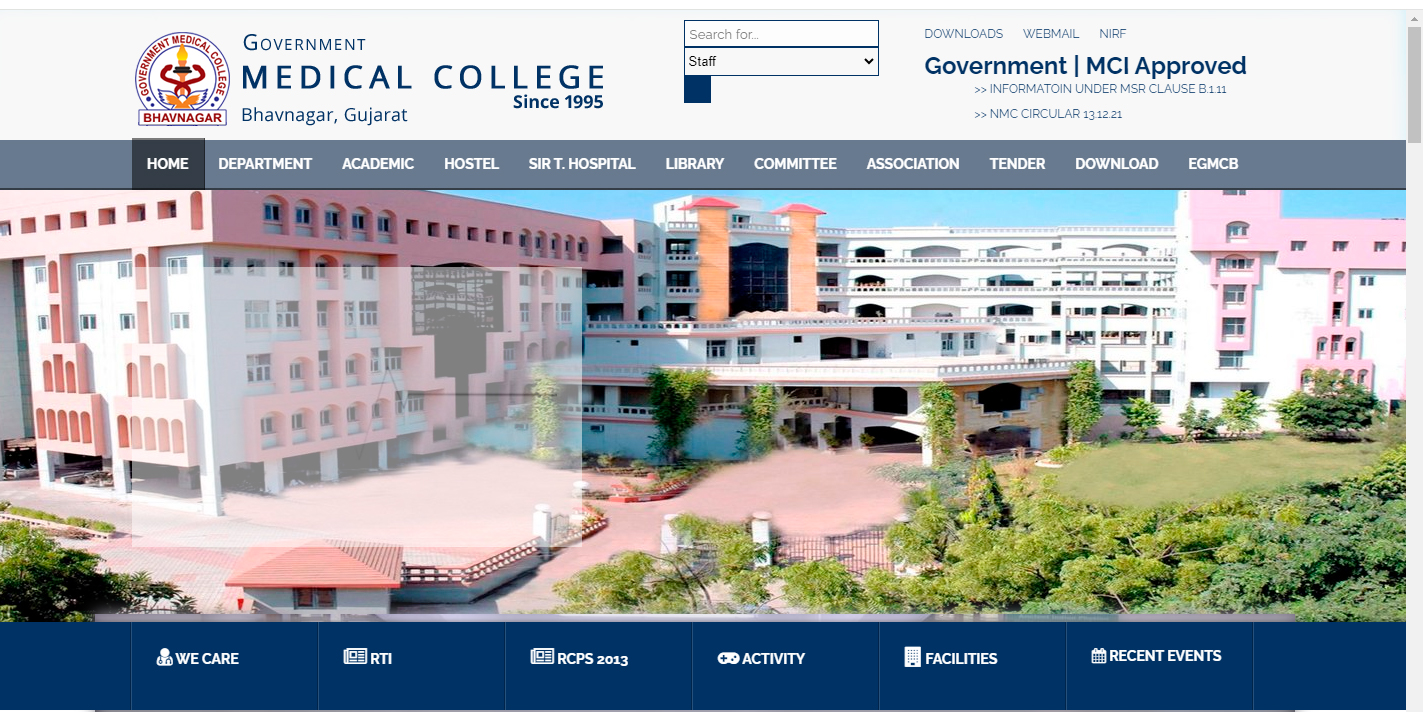
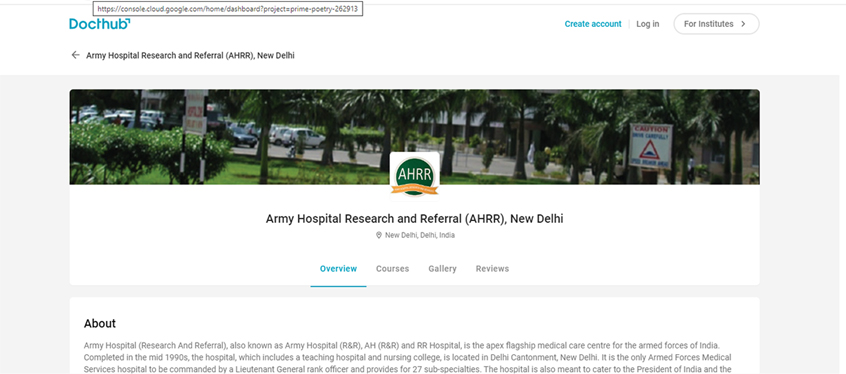
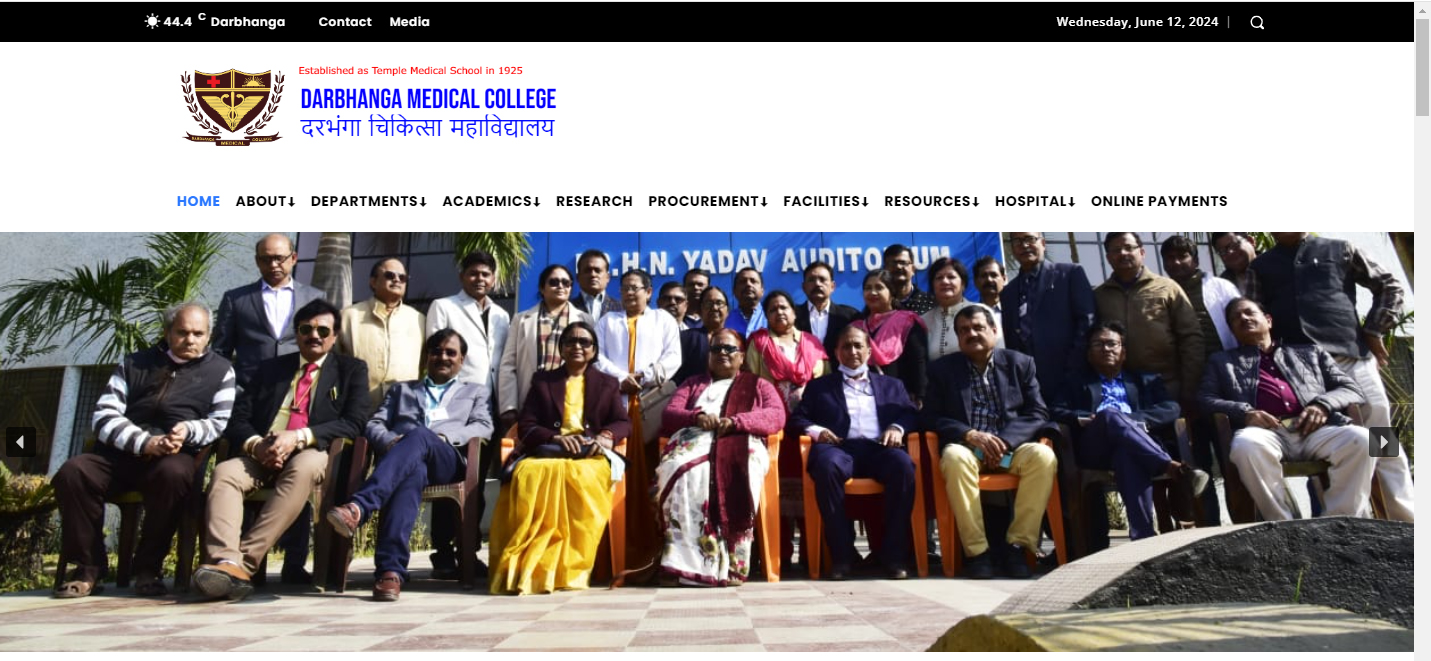
Darbhanga Medical College and Hospital is a government medical college having hospital facilities at Darbhanga, Bihar. It was established in the year 1946. College is currently affiliated with Aryabhatta Knowledge University.
History
The medical college was constructed with the efforts of King Rameshwar Singh of Khandavala Dynasty who also built the beautiful Raj Nagar Palace in Madhubani.
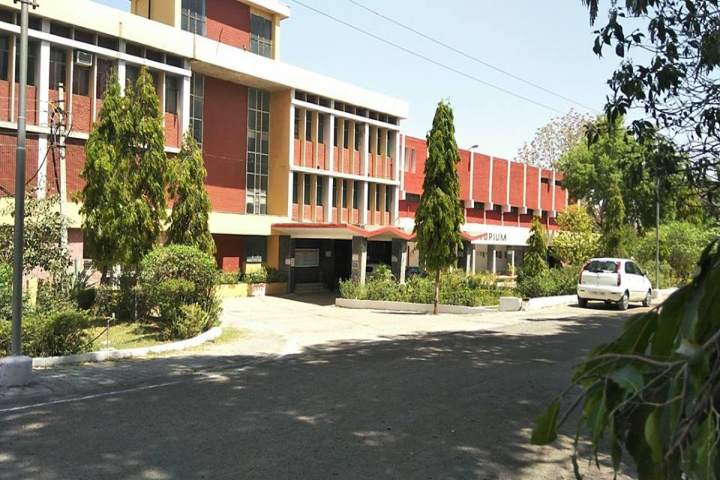
We all know that good health and good sense are life's greatest blessings. Good health plays a crucial role in the life of a human being. An unhealthy person won’t do anything fruitful in his life. Preservation of health is indispensable. It is confined to natural’s laws involving body, mind and environment. These laws relate to fresh air, sunlight, healthy diet, regular exercise, yoga, meditation, relaxation, enough sleep and cleanliness. There are many factors that affect a person’s health that can be physical, biological, psychological, and social stress.

Baba Raghav Das, popularly known as 'Gandhi of Poorvanchal', was born in a rich Brahman family on 12 December 1896 at Pune, Maharastra. He played a great role in the political, social, economic, and the cultural activities of the nation. After his education he left Mumbai in 1913 in search of a siddh guru and reached Kashi. After that he went to Ghazipur, where he met 'Mauni baba' and learned Hindi. Later he met 'YogirajAnantMahaprabhu' and accepted him as his guru. In 1921, Mahatma Gandhi visited Gorakhpur.

